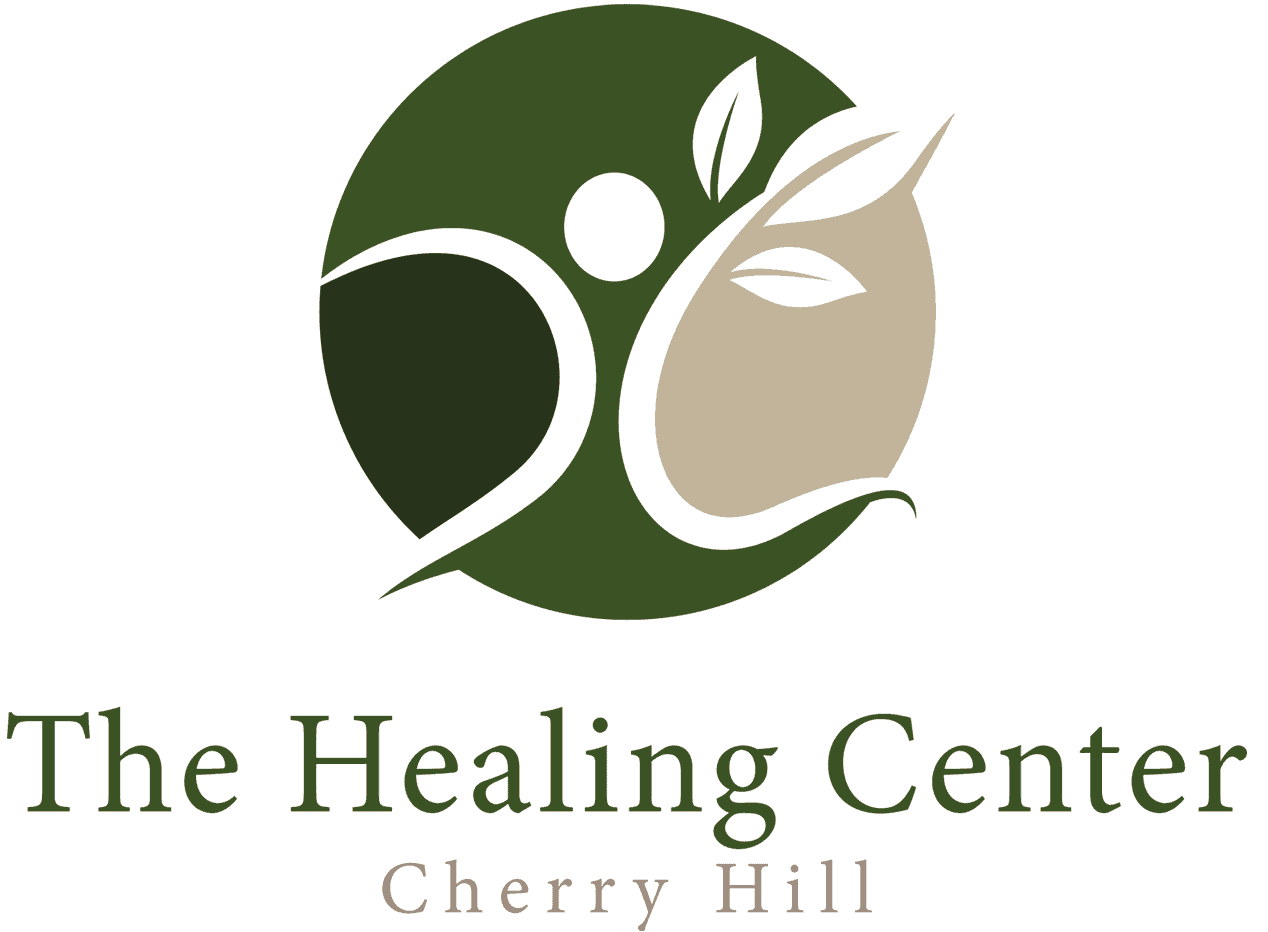Drinking often and binge drinking can lead to alcohol dependence and, eventually, addiction. According to the 2019 National Survey on Drug Use and Health, nearly 15 million people in the United States had an alcohol use disorder. Alcoholism in the United States is a massive problem and those who are struggling should seek professional help in order to heal their addiction. If someone wants to stop drinking, then they may wonder what sort of withdrawal symptoms could occur. They may have heard of a particular symptom called delirium tremens. This type of withdrawal symptom occurs in individuals who have developed a physical dependency on alcohol. Here at The Healing Center’s drug rehab in Cherry Hill we believe it is important for you to understand what you may experience throughout the detoxing process. Learn more about delirium tremens and alcohol withdrawal below.
What is Alcohol Withdrawal?
Alcohol withdrawal is the body’s reaction to stopping or reducing the amount of alcohol consumed after a period of heavy or continuous drinking. The symptoms of alcohol withdrawal can range from mild to severe. Symptoms of alcohol withdrawal include:
- Anxiety
- Depression
- Insomnia
- Seizures
- Delirium tremens
- Sweating
- Appetite changes
- Upset stomach
What is Delirium Tremens or “DTs”?
Delirium tremens, or DTs, is a life-threatening symptom of alcohol withdrawal that can happen after long-term and heavy alcohol consumption. Symptoms of delirium tremens include confusion, hallucinations, seizures, anxiety, and more. DTs are considered to be life-threatening and require immediate professional medical intervention. If you or someone you love is experiencing them, then you should contact a drug rehab facility right away. Professional treatment centers can help you safely detox from alcohol with the use of medications that can ease the withdrawal symptoms.
How Long Do Delirium Tremens Last?
Delirium tremens normally last for three to five days, although in some cases, it can last up to a week. Thus, it is vital to get help from a drug treatment center when someone has been drinking for a long time or binge drinking frequently and would like to stop consuming alcohol.
At What Point In The Detox Process Is Someone at Risk for DTs?
Individuals are at the highest risk for developing delirium tremens during the second and third days of the alcohol withdrawal timeline. Delirium tremens can also occur if someone frequently binge drinks or they have been consuming alcohol for a long time on a frequent basis. Furthermore, if someone experiences seizures during the withdrawal process, then they are more likely to have DTs as well.
Are Delirium Tremens Life Threatening?
The short answer is yes. Delirium tremens can be fatal if they are left untreated or not treated properly. Complications due to DTs include seizures, heart attack, heart failure, stroke, and respiratory failure. Proper medical treatment through the use of medications is vital if someone is experiencing delirium tremens.
Are DTs Common?
DTs are not common and normally only occur in about 5-10% of individuals who experience alcohol withdrawal. Nonetheless, it is difficult to know who may experience them. Therefore, the detoxing process from alcohol should be done at a medical detox center or drug rehab facility in order to ensure symptoms are managed safely.
What Are The Symptoms of DTs?
Common symptoms of delirium tremens include:
- Hallucinations
- Shaking
- Confusion
- Agitation
- Disorientation
- Sweating
- Fever
- High heart rate
- Seizures
What Is The Alcohol Withdrawal Timeline?
- Day 1: Symptoms of alcohol withdrawal normally start 8-24 hours after the last drink. Symptoms can include nausea, vomiting, anxiety, and agitation.
- Days 2-3: Symptoms typically peak on days two and three. The individual may experience seizures or DTs. Medical treatment is especially needed at this point in time in order to ensure symptoms do not become life threatening.
- Days 4-7: Many symptoms should begin to subside by this point. Nonetheless, many people will still experience intense cravings for alcohol. Thus, it is important to remain in a drug treatment facility until the cravings are managed.
- Weeks 2+: For some people, it can take weeks and even months for all symptoms to completely resolve as the body adjusts to functioning without alcohol.
Additionally, some individuals may experience what is known as post-acute withdrawal syndrome, or PAWs. These symptoms include cravings, anxiety, depression, insomnia, and other physical and psychological disturbances that last long after the initial withdrawal time period has ended. PAWs may require further drug treatment or therapy in order to manage.
Common Alcohol Withdrawal Symptoms
- Anxiety
- Insomnia
- Tremors or Shakes
- Nausea
- Vomiting
- Racing Heart Rate
- High Blood Pressure
- Sweating
- Chills
- Headaches
- Irritability
- Mood Swings
- Seizures
- DTs
- Hallucinations
- Confusion
How Does Medical Detox Help with Delirium Tremens?
- Reduces risk of complications, such as delirium tremens.
- Detox provides a controlled and safe environment.
- Medications are provided to help ease symptoms and reduce cravings.
- A supportive environment with trained medical staff and addiction specialists.
Alcohol Medical Detox and Treatment in Cherry Hill, NJ
If you or a loved one is struggling with alcohol use disorder in Cherry Hill, NJ, then now is the time to seek help. At The Healing Center we offer comprehensive medical and therapeutic treatment services in order to meet your personal needs. Contact our admissions team today in order to get more information about our detox and alcohol rehab programs and how we can help you or your loved one begin their journey into recovery.
